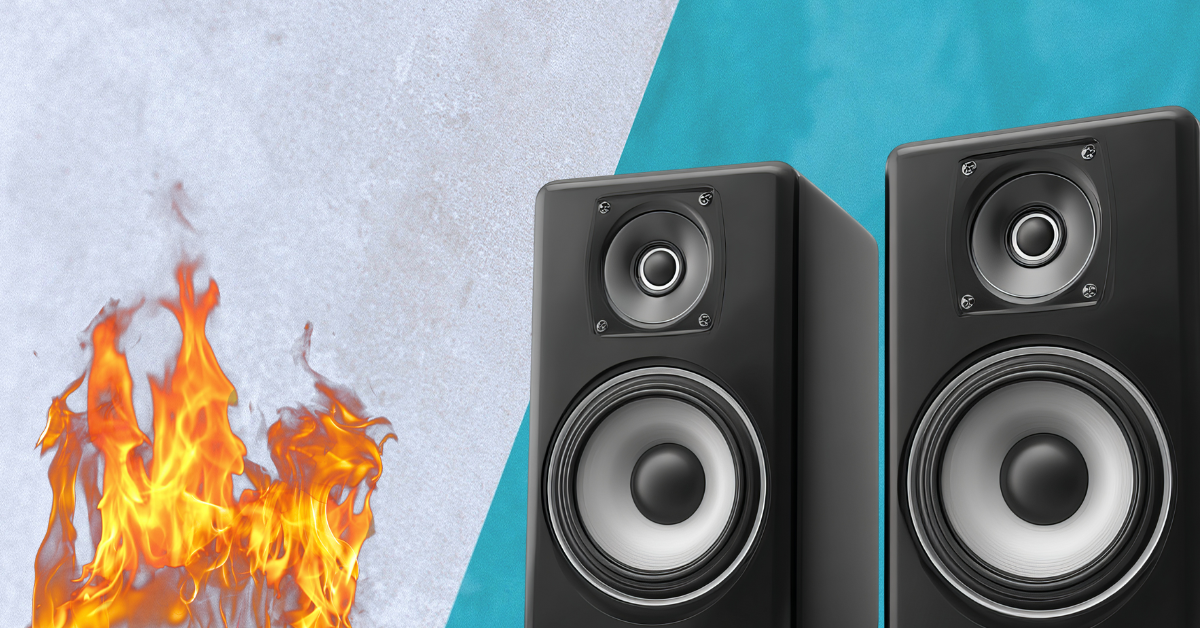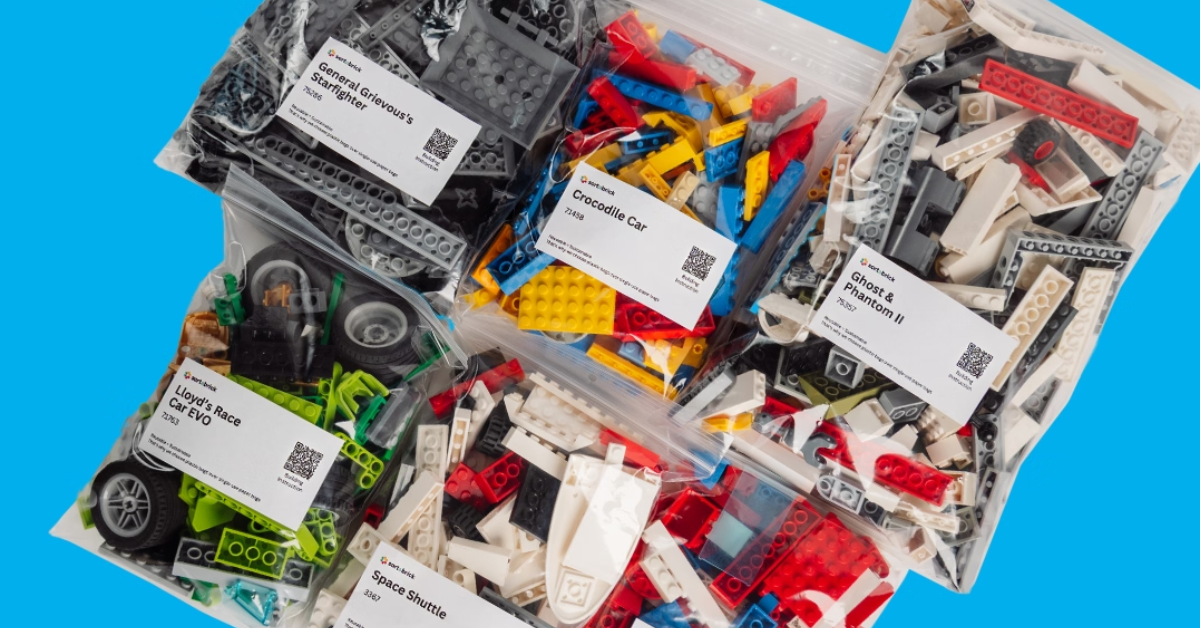In the bestiaries of the Middle Ages, the unicorn was a violent beast that could be coaxed into a tranquil slumber only by a virgin woman — at which point hunters would harvest its horn for its various medicinal properties. Yay.
Today’s startup unicorns — those that achieve $1B+ valuations — are having their own struggles.
What happened?
A startup’s ultimate goal is to “exit,” resulting in an ROI for investors and founders either through an acquisition or IPO — but that’s tricky for any startup. Carta tracked 4,369 US startups founded in 2018. Of those, 2,707 have shut down, and just 15 have IPO’d.
Unicorns — like their mythological namesake — are supposed to be rare, yet a covid-era boom in VC spending saw 354+ companies achieve unicorn status in 2021, per Bloomberg.
Since then, high interest rates have dried up VC funding for sectors aside from tech’s buzziest — AI, of course. Many once-high-flying startups have been acquired for much less, lost considerable value, or collapsed.
- Convoy, a trucking startup valued at $3.8B in 2022, shuttered in 2023 after failing to find a buyer.
- Beyond Meat, once valued at $10B+, is now worth ~$287m.
Of 2021’s unicorns, fewer than 30% have raised funding in the last three years, per Carta data.
But also…
… let’s get back to the supposed rarity of a unicorn. Many startups are likely overvalued, according to experts.
- In 2017 — before the more recent unicorn boom — a Stanford study warned that the then-100+ US unicorns were reporting values an average of 51% higher than their actual worth.
How does that happen? Some startups make generous promises to preferred shareholders, rendering common shares “nearly worthless.” Stanford Business offered this example:
- In 2008, SpaceX offered investors 2x their money back among other terms, leading to more investments, thus raising the company’s valuation.
So what now?
Bloomberg is calling this the “era of the zombie unicorn,” in which startups — many of which are still unprofitable — are struggling to find funding among more conservative investors.
They’re forced to agree to low-value acquisitions, raise at lower valuations, or take unfavorable deals — e.g., those that require changes in ownership or pay-to-play from previous investors. That is, unless there’s another boom like covid, but hopefully… not covid.












